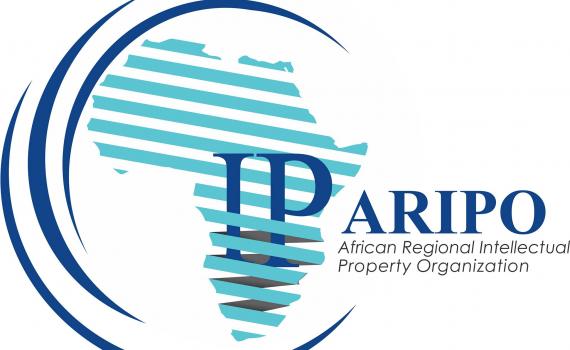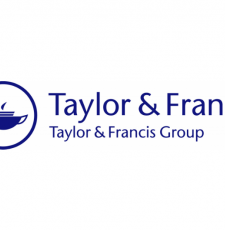
In October 2019, the African Regional Intellectual Property Organization (ARIPO) released a new Model Law on Copyright and Related Rights. EIFL reviewed the ARIPO Model Law against EIFL’s ‘Core Library Exceptions Checklist’ that sets out provisions that every copyright law should have to support modern library activities and services.
The ARIPO model scored a modest 61% in EIFL’s scorecard ‘Rate my copyright law’. While provisions that recognize the digital environment are very welcome, without the necessary safeguards, how these provisions will operate in reality is open to question.
The African Regional Intellectual Property Organization (ARIPO) is an intergovernmental organization based in Zimbabwe that provides information, services and training to its 19 member states (Botswana, The Gambia, Ghana, Kenya, Lesotho, Liberia, Malawi, Mozambique, Namibia, Rwanda, Sao Tome and Principe, Sierra Leone, Somalia, Sudan, Swaziland, Uganda, United Republic of Tanzania, Zambia and Zimbabwe). The ARIPO model copyright law is intended to guide member states when updating their national copyright laws.
STRENGTHS AND WEAKNESSES OF THE ARIPO MODEL
EIFL’s review found, on the positive side, that the ARIPO model law recognizes the digital environment, for example, the exceptions are format neutral and they support the delivery of online education, essential to support modern ways of teaching and learning.
However the ARIPO model is surprisingly weak on ensuring that these exceptions hold up properly in the digital environment. For example, circumvention of technological protection measures is optional, and the rules are left up to ministerial regulations. Exceptions for digital material can be overridden by terms in licences, and the availability of a collective licence can trump certain provisions, including the library and teaching exceptions.
It is disappointing that the exception for persons with print disabilities has been made subject to a commercial availability test, and that there are no exceptions for people with disabilities other than print disabilities, such as deafness.
And the law is more restrictive than international law in two respects: the standard applied to the quotation right, and reproduction for educational purposes is more restrictive than the Berne Convention and the three-step test is applied to all the exceptions.
In summary, while there are positives, some of the exceptions are more rigid than those of many developed countries, hampering the ability of libraries in ARIPO member states to properly fulfill their mission of providing the public with access to information.
To build upon and improve the ARIPO Model Law in key areas, EIFL recommends consulting our own Draft Law on Copyright Including Model Exceptions and Limitations for Libraries and their Users (2016).
Evidence shows that the African continent is falling behind the rest of the world in terms of library provisions in copyright laws, especially for uses of digital material. That is why we are advocating for international action at WIPO so that libraries everywhere can benefit from robust exceptions to properly carry out their missions, and that no country or region is left behind in the global digital age.
SHARE / PRINT









